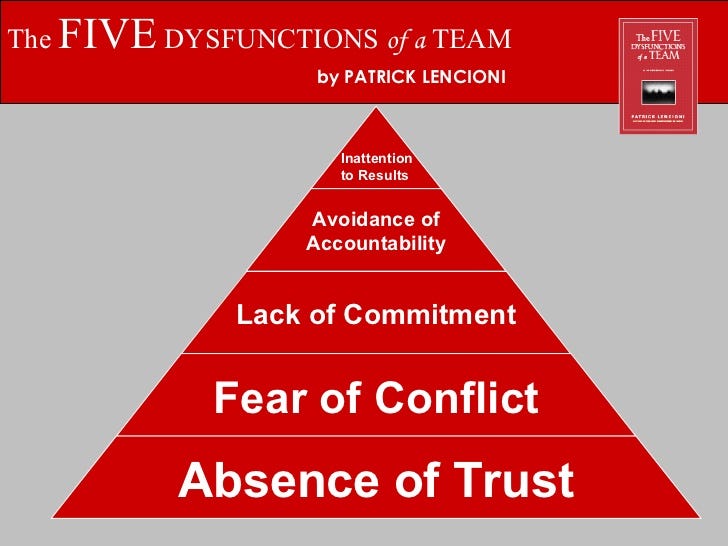Last week, I was fortunate to attend the “Leadership and Team Culture” Workshop with Allistair McCaw, which was hosted by Kanzen Karate and Abertay University.
Allistair McCaw is the author of 7 Keys to Being a Great Coach, Champion Minded and Becoming a Great Team Player . He is also a human performance consultant with years of coaching experience, as well as a public speaker.
I actually stumbled across this event on Facebook and after finding out it was entirely free, immediately forwarded it onto my S&C coaching team at the Caledonia Regional Academy. 9 of the 10 coaches in the team also booked on, so it was great opportunity to be able to attend such a thought provoking workshop as a team and use it to prompt further future discussion.
Initially the workshop started with a brief overview of what culture is and is not. Allistair highlighted that culture isn’t a slogan or phrase on a gym wall, or bean bags and ping pong tables in the workplace. Culture is the Beliefs, Values and Behaviours in a group. He broke down how Beliefs determine Behaviours, which determine Outcomes. Culture is live, right here and now. People are your culture and it must be created intentionally. Your culture is under attack every day.
The workshop itself was divided into 3 components: the 10 traits of Champion Teams, some case studies of teams and finally, the 10 traits of Champion Minded Leaders.
10 Traits of Champion Teams
- Clear vision – a sense of purpose that focusses & motivates.
- The right people – not the BEST but the RIGHT ones, character is everything.
- High Standards & strong values – standards create accountability.
- Open/Honest culture – healthy conflict is necessary.
- Collaboration – the best teams work together, ego is the enemy of collaboration.
- Trust – the foundation of all great teams, it takes time to create safety.
- Great communication – brings clarity, the right person/place/time/tone,
- Continuous learning/growth – each individual takes responsibility for growth
- Great team players – put the team 1st, play any role required,
- Commitment – actions prove words, interest is equal to effort, work for the team
Allistair then discussed the work of Patrick Lencioni and his book The Five Dysfunctions of a Team. Lencioni uses the model below, highlighting the lack of trust as a fundamental issue leading to the subsequent layers.

Case Studies
- Liverpool FC:
- Allistair highlighted that Jurgen Klopp has recruited on character/chemistry and then competence. He discussed the delicate balance of having Jordan Henderson and James Milner interchanging, knowing one of them won’t always start. A family environment has been created within the club between staff, players, fans and even the press. He also discussed how Klopp has won the media – knowing them by name and building relationships. Klopp had clear expectations from the players from Day 1. Klopp has created togetherness through setbacks and assembled a “Rock and Roll band” of staff and players.
- Mercedes Benz Formula 1
- Under Toto Wolff a safe environment had been created with a “No Blame” culture. Team members understand each others roles. They have a “See it, Say it, Fix it” approach. The team has a leading down and up the chain approach, allowing all to be proactive in pushing the team forwards.
- Ritz Carlton Hotels
- World renowned for the highest standards in customer service. They consider it of primary importance to “Never lose a guest” and to adhere to gold standards of service, always doing what’s best for the guest. They encourage problem solving and refer to their own staff as “Ladies & Gentemen” not employees.
Leadership
Allistair moved onto the discuss the leaders and coaches themselves. He mentioned that “Great leadership isn’t authority, it’s influence.” Additionally, that the ability to adapt is the key to great coaches.
He also highlighted a very important point – that excellence isn’t for everyone. Not everyone will agree to pursue excellence. A weak leader will bow down to the group and standards get compromised and excellence is lost. Too many leaders want to be liked. It is better to be respected. Better yet to be respected and liked.
10 Traits of Champion Minded Leaders
- Character – Authenticity, Good leaders are first good people, determines trust
- Competence – Skills match the role, confidence comes from competence
- Credibility – Build trust, team has trust in the leader, actions are consistent
- Communication skills – Great listeners, adhering to 80/20 rule, bring clarity
- Care – Genuine interest in others’ wellbeing, to lead you need to know your team
- Courage – Have hard conversations, lack of courage is #1 failure of bad leaders
- Compassion – Empathy, emotional intelligence, show their vulnerability
- Continuous learning – Life long learners, continual desire to upgrade themselves
- Consistent – No double standards, energetic not moody, consistent day to day
- Committed – If the leader isn’t who will be! Going the extra 5%
As you can see this was an information packed 2 hours! In terms of CPD you will struggle to find anything of this calibre for free! I would like to thank Kanzen Karate and the University of Abertay for organising and hosting such a fantastic learning experience!
